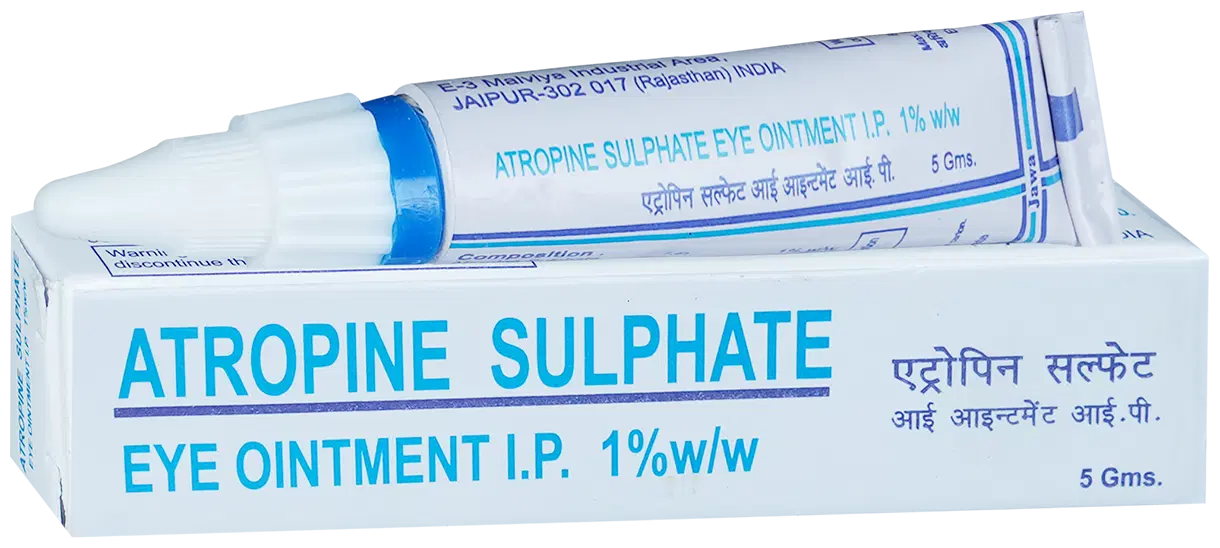Eye examination
Eye examinations are essential for maintaining optimal eye health and detecting potential vision problems or ocular diseases. During an eye examination, a qualified healthcare professional, such as an optometrist or ophthalmologist, will assess your visual acuity, eye movement, and overall ocular health.
Visual Acuity Testing: This involves reading an eye chart to determine your ability to see clearly at various distances. This test helps identify refractive errors, such as nearsightedness, farsightedness, and astigmatism, which can be corrected with glasses, contact lenses, or refractive surgery.
Eye Movement and Alignment Evaluation: This portion of the examination assesses how your eyes work together and their ability to focus and track moving objects. It helps identify issues such as amblyopia (lazy eye) or strabismus (eye misalignment).
Ocular Health Assessment: The healthcare professional will examine the external and internal structures of your eyes, using specialized instruments like slit lamps and ophthalmoscopes. This assessment helps detect conditions such as glaucoma, cataracts, macular degeneration, or diabetic retinopathy.
Regular eye examinations are crucial for early detection and treatment of eye conditions, preserving your vision, and maintaining overall ocular health.

Showing 1–12 of 87 results










